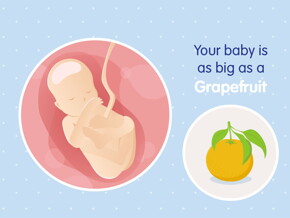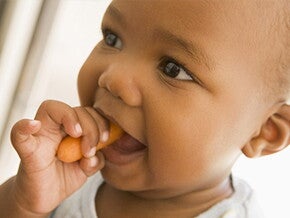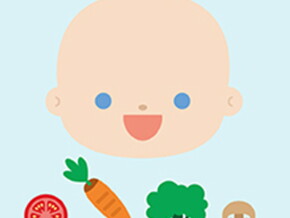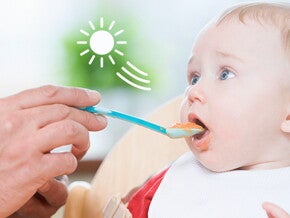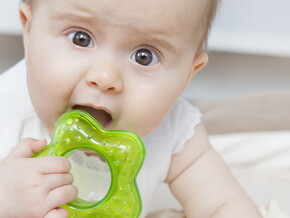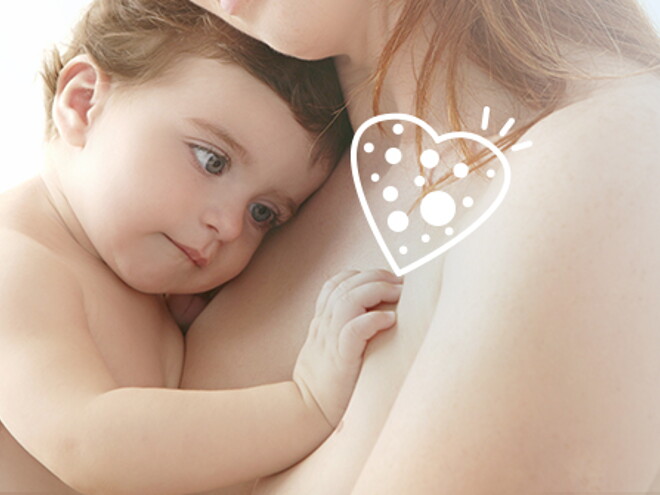
If you’ve always breastfed your baby directly, you’ve never been able to accurately measure how much he’s drinking. You’ve learned to let your baby show you when he’s had enough. So since he has started eating solid foods, chances are you’ve also trusted him to choose how much he wants to eat.
Healthy approach
Scientific studies have suggested that the longer a mom breastfeeds, the more likely she is to respond appropriately to her baby’s signs of fullness. This applies to both nursing and eating solid foods. “There is an association between longer breastfeeding duration and responsive feeding practices,” explains Andrea Papamandjaris, PhD, Leader, Medical Scientific Regulatory Unit at Nestlé Nutrition in Canada. “This may be one of the reasons for the apparent protective effect of breastfeeding on childhood obesity.”
Moms who breastfeed tend not to pressure their babies to finish all of their food. Instead, they follow responsive feeding techniques of trusting their baby’s appetite. If you’re offering your baby nutritious foods and allowing him to eat only as much as he wants, he’s more likely to stay at a healthy weight throughout childhood. And you can feel satisfied you’re giving your baby the healthiest start in life.
Sources
DiSantis KI, Hodges EA, Fisher JO. The association of breastfeeding duration with later maternal feeding styles in infancy and toddlerhood: a cross-sectional analysis. Int J Behav Nutr Phys Act 2013; 10:53-65.
Jansen E, Mallan KM, Byrne R et al. Breastfeeding duration and authoritative feeding practices in first-time mothers. J Hum Lact 2016, 32(3): 498–506.
Taveras EM, Scanlon KS, Birch L et al. Association of breastfeeding with maternal control of infant feeding at age 1 year. Pediatrics 2004; 114(5):e577-83.
Taveras EM, Rifas-Shiman SL, Scanlon KS et al. To what extent is the protective effect of breastfeeding on future overweight explained by decreased maternal feeding restriction? Pediatrics 2006; 188(6):2341-8.





